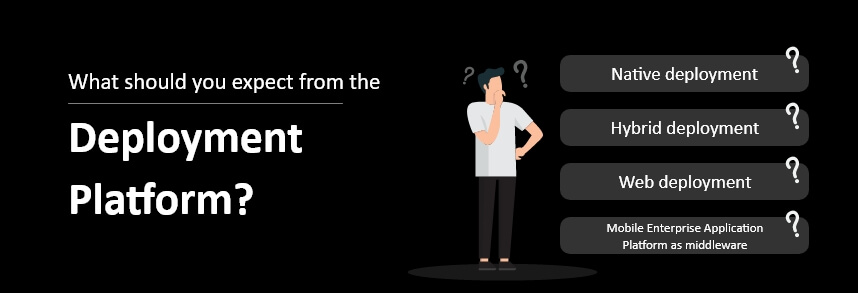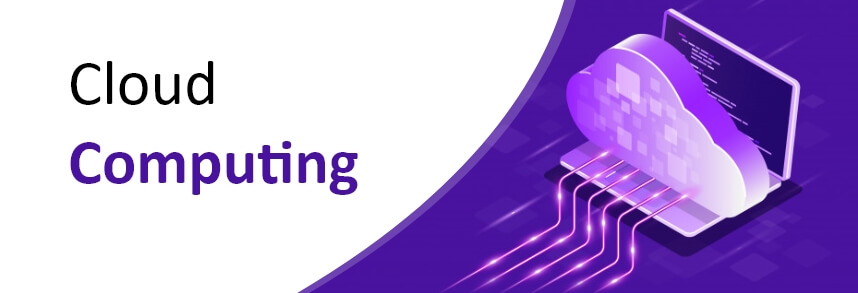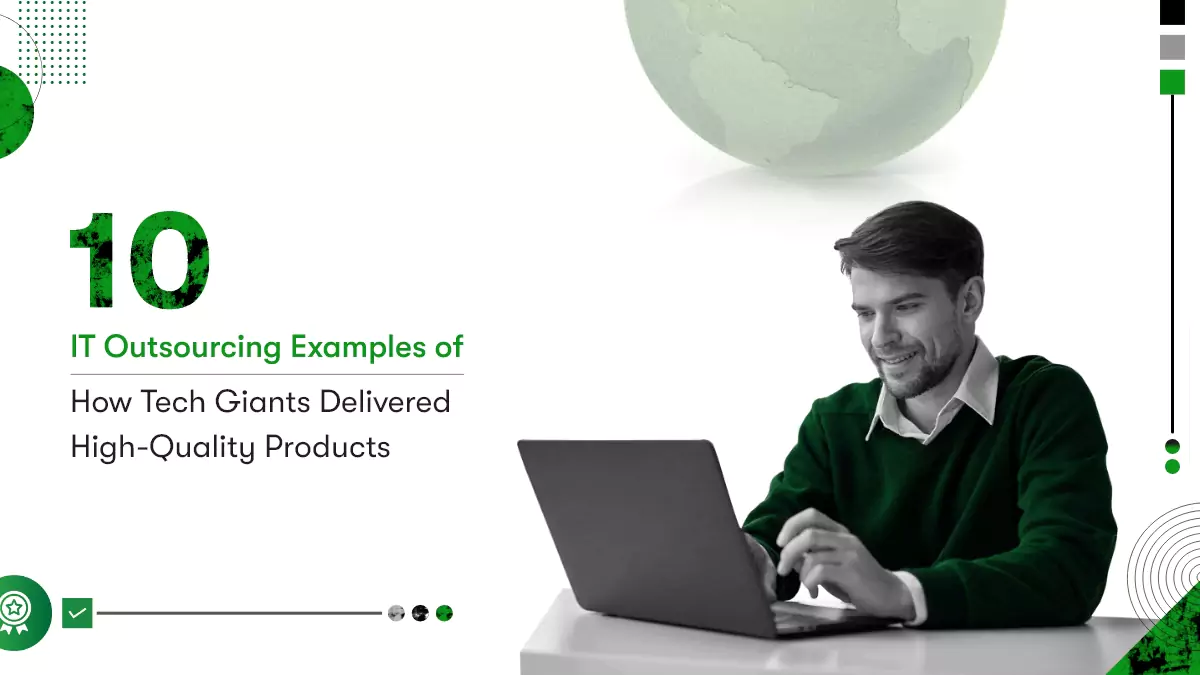Mobile App Deployment is an important aspect that defines your application’s success. The selection of the deployment platform has a significant impact on user experience. And therefore, it is important to know the fundamental aspects of deployment before launching your next-gen application into the market.
The rising demand for applications in the tech industry is highly lucrative, and young entrepreneurs are coming up with new, channelizing ways to deploy their applications. Multiple platforms allow you to deploy your enterprise application or small-sized application in minutes. But, which platform will suit your project is always a question.
Hi, I am Sanjay Kidecha, CMO at Kody Technolab. I will be continuing my mobile application development process series with the tenth blog on mobile application deployment. You can refer to the index of our series here.
- A Guide on Lean Canvas Model;
- How to Prepare a Product Requirement Document and its importance;
- Importance of Wireframe in Product development;
- A complete guide on selection of technology stack for startups;
- How prototyping helps businesses?
- A handbook to select development company for startups;
- A detailed guide on project management & delivery milestones;
- Role of Quality assurance in product development;
- Importance of User testing;
- Know where you should deploy your project?
- How Feedback and product iteration makes a difference in product development?
- What is the variation in the cost? What factors affect the variation?
- Why is a Good design the ultimate thing in the project?
What is mobile application deployment?
A mobile application is developed after passing through various stages like wireframing, prototyping, quality testing, etc. And an important step to check the application’s behavior and flow is deploying it on a platform. Mobile app deployment means transferring the app-template to a temporary location and the code and the resources. The selected platform sets up an application environment suitable for the application’s execution.
Your desired outcomes and product goals have a significant role to play in the selection process. The selection of deployment platforms is not easy; you should be ready to spend a small amount of upfront cost. Hence, I advise that you analyze your application’s technical and security requirements before you finalize one. Ask these questions to your team and everyone involved.
- Why do you want to choose a particular deployment platform?
- Will the platform impact the application’s functioning?
- How much time do you have for project deployment?
- Will your deployment planning affect any IT or HR policies?
- Should you initiate deployment with the simple test requirements?
- Who will be responsible for deployment?
What should you expect from the deployment platform?
A deployment platform should provide the following functionality.
- A location (either physical or virtual) to host the deployment;
- The platform should be accessible by the users;
- It should have a sufficient storage capacity;
- Capacity to run middleware;
- Should restart automatically;
- The platform should be secured because it has to store images and data. Hence, it should have authentication required.
- The platform should calculate and reflect the cost of operations.
Your deployment platform selection should make the process as easy and possible. It should have the potential to capture the instances of deployment. There are four approaches that allow you to deploy your mobile applications.
- Native deployment;
- Hybrid deployment;
- Web deployment;
- Mobile Enterprise Application Platform as middleware.
Let’s have a brief introduction to each of these approaches.
Native deployment:
Native deployment refers to container-based environments. It gives a polished look and feels to the users, and it is easy to adopt. However, the only limitation is that the product should extend support to at least four client languages for deployment on multiple devices.
Hybrid deployment:
A mobile app development company aiming to give a feature-rich experience and functionality controls should go for hybrid app deployment. It integrates HTML5 front-end and gives functionality and power of native app container.
The limitation of Hybrid deployment is that it requires a skill set to perform the deployment. Also, it has many unresolved security issues.
Web deployment:
You can either deploy the code manually or automatically to the hosting platform for multi-purpose web app development. HTML is yet not defined by World Wide Web Consortium; hence there are certain vulnerabilities and malware attack which you might face during deployment.
Mobile Enterprise Application Platform as Middleware:
This platform is inclusive of all the services and manages each activity throughout the development lifecycle. MEAP effectively handles a variety of mobile devices, networks, etc., and simplifies development.
In simple words, you can develop a single application and deploy it on multiple devices.
So coming back to the platforms on which you can deploy your application. There are many popular options to choose from; however, the selection depends on the product you develop. Let’s have a look at the available options.
Cloud Computing:
Cloud deployment is changing the entire game of deployment. It is becoming a go-to option for developers who wish to deploy native iOS and Android applications for some excellent reasons. It gives you access to the data that is remotely stored.
On top of everything, the code is instantly deployed on the cloud server. Just a couple of minutes, and you can start transferring your files.
Cloud computing saves a lot of time and money, along with storing the data securely. Also, you can easily integrate with the database and keep the app connected. Cloud computing is effortless to scale and integrate. Even the mobile app developers you hire can assist you with the process.
Cloud computing is free to use; you just need to signup and enjoy the offerings.
Email server:
Email servers give you complete control over all the domain’s email, but you may have to handle all the nitty-gritty issues. However, if you choose an external email server, then you may loose upon the flexibility.
Setting up a server on your own email gives you the view of all the logs of messages, connections, and authorization attempts. It is a very cost-effective option, and you can customize it as you want. There are a few limitations that you might face, server downtime, spam, virus attack, etc. since you are setting up on your own server, you will be responsible for the maintenance, troubleshooting, and server upgrade.
Some popular hosting platforms are:
- Amazon Web Services;
- Digital Ocean;
- Microsoft Azure;
- Vultr;
- Google Cloud Platform;
- Alibaba Cloud;
- Kubernetes.
Conclusion:
Your selection of a deployment platform can create new efficiencies and give compelling user experience. If you are in urgent need of any guidance on how to deploy a mobile app, then feel free to connect with us. Our experts are in full capacity to explain to you the entire mobile application deployment process.
Each of the categories mentioned above has its own benefits and limitations, which you can know by connecting with us here. In the next blog, I will discuss the importance of feedback and iteration in application development.














 Contact Information
Contact Information